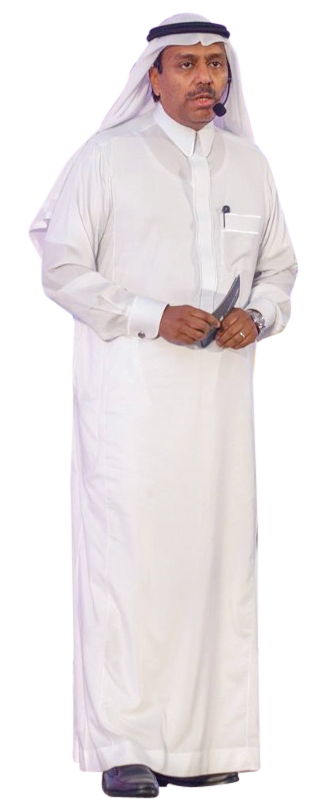PAK-SAUDI SERVICE
The 47th Grand Hajj Symposium, organized by the Ministry of Hajj and Umrah, took place in Jeddah on Tuesday, under the title “Jurisprudence Facilitation in Hajj.” The symposium was attended by prominent Saudi ministers including Dr. Tawfiq Al-Rabiah, minister of Hajj and Umrah; Sheikh Abdulrahman Al-Sudais, president of the General Presidency for the Affairs of the Two Holy Mosques; Abdulfattah bin Sulaiman Mashat, deputy minister of Hajj and Umrah; and Ayed Al-Gwinm, deputy minister for Hajj affairs, in addition to a group of scholars and intellectuals from the Islamic world, and representative delegations from Muslim countries. The symposium aimed to advance the values of peace, understanding, and cooperation, and sought to establish a platform for discussing pressing and pivotal matters that could potentially impact the pilgrims’ journey as they engaged in the rituals.

Through the event the ministry attempted to highlight the cultural and civilizational role that Saudi Arabia had played in serving Hajj pilgrims since the founding of the Kingdom. It also highlighted the most significant achievements, pioneering projects, and developments. Al-Rabiah said in his opening remarks that the symposium would allocate a special session in which senior leaders could discuss operational programs that had been prepared for the Hajj season. Four panel discussions were held at the symposium, including a session called “Service Readiness and Operational Plans: Key Enablers and Opportunities.” Al-Gwinm said that there were more than 400 service packages offered by various companies, utilized by more than 1.4 million pilgrims.
He added that the ministry had worked with its partners to license service providers in order to achieve targets in regard to housing, food, and catering. Hani Jokhdar, the deputy minister for public health, said that 32,000 health practitioners were providing services to pilgrims during the Hajj season through four regions and 14 health centers through land, air and sea ports.
Additionally, there are 32 hospitals and more than 140 health centers, which include 46 health centers in Arafat, 26 in Mina, 6 on pedestrian roads of the holy sites, and 16 in Jamarat. Jokhdar advised pilgrims to use umbrellas due to the high temperatures expected.
He added: “I advise those who suffer from chronic diseases and pregnant women not to go to stone the Jamarat by themselves, and to appoint someone on their behalf to carry out this task because it involves walking long distances while it is sunny, which will pose a great risk to their health.” Mashat, in his closing remarks, said that some 20,000 buses would serve pilgrims this year.
He added: “If these buses were lined up behind each other, it would form a distance of 350 km. We are talking about 2 million people traveling five times in five days. “Hajj in the past was not like Hajj in our time, and it will be different in the future ... information technology is one of the key elements in Hajj.” Regarding technology, Al-Gwinm told Arab News: “The Hajj smart bracelet will serve in tracking pilgrims and managing crowds.
“Nusuk platform will help the pilgrim to choose the service operator for performing the rituals, as well as issuing the necessary permits and visas. It is the comprehensive application for the Hajj journey. “We also use the Tafweej platform, in which all transportation-related issues are included, to ensure that the pilgrims move from their homes in Makkah to the holy sites, and from there to the Grand Mosque easily.”
The Grand Hajj Symposium was established in 1970 and highlights Saudi Arabia’s esteemed regional and international position as a beacon of religion and culture.
Credit : Independent News Pakistan-INP




